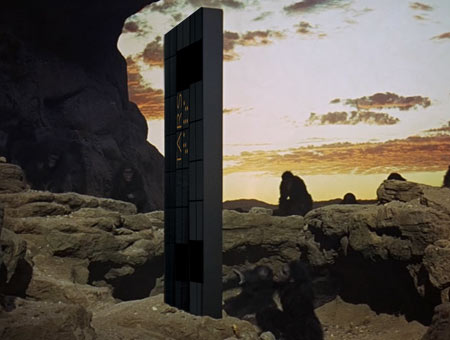tarsjs-template
v1.0.11
Published
tarsjs template for new projects
Maintainers
Readme
TARSjs

TarsJS is a full stack framework to start working with MongoDB, Node.js, Sails and AngularJS easily. It is based on Docker containers and offers a quick way to start a project and organize your application. In TarsJS, each component is stored in a seperate docker container.
Prerequisite Tools
Docker (1.11.1 or higher)
https://docs.docker.com/linux/
Docker-compose version : 1.7.1 (version 2 yml files are used)
https://docs.docker.com/compose/install/
Installation
It's pretty easy : Git clone or fork this repo and open a terminal.
Run : docker-compose up
Go to : http://172.16.0.10/ It works !
How does it work ?
Database
The database is built from the mongodb docker image. It uses a docker volume stored in db/data. This folder is ignored by git so these data aren't messing up the repo.
default ip address : 172.16.0.12
Api
The api is built from the node docker image. It exposes a sails server. This server is not directly accessed by clients. It is only aimed to be requested by the angular application to manipulate database data.
default ip address : 172.16.0.11
Front
The front api is running an Nginx server exposing the AngularJS application and serving static files. It is also the only entry point for the clients. It redirects automaticly all /api/ requests to the Api server. This behavior has been made in order to create a cache strategy over the api nodejs server.
default ip address : 172.16.0.10
How do I get to code in it ?
Basically, there's two folders and seperate applications :
Sails Application
The Sails Application is hosted in /api/src
You can edit everything you need in here.
Angular Application
The Angular Application is hosted in /front/src/app. You can edit everything you need in here as well.
Grunt is configured to publish the application in the /front/src/dist folder. All the grunt tasks are defined in the file /front/src/Grunfile.js.
The application uses Bower to manage dependencies. Bower components are stored in /front/src/bower_components and are automatically copied to /front/src/dist/libs.
The Nginx root folder is configured to be the /front/src/dist folder.
Project Roadmap
What's next ?
- A better sample application showing the full stack chain with a mongo collection and a sails api consumed by the angular app.
- Environment parameters to make it easier to go in production and manage environment variables
- Unit tests integration with Mocha
- Logging strategy to be defined
Any feedback ?
Please let me know :) Honesty level 90%.
